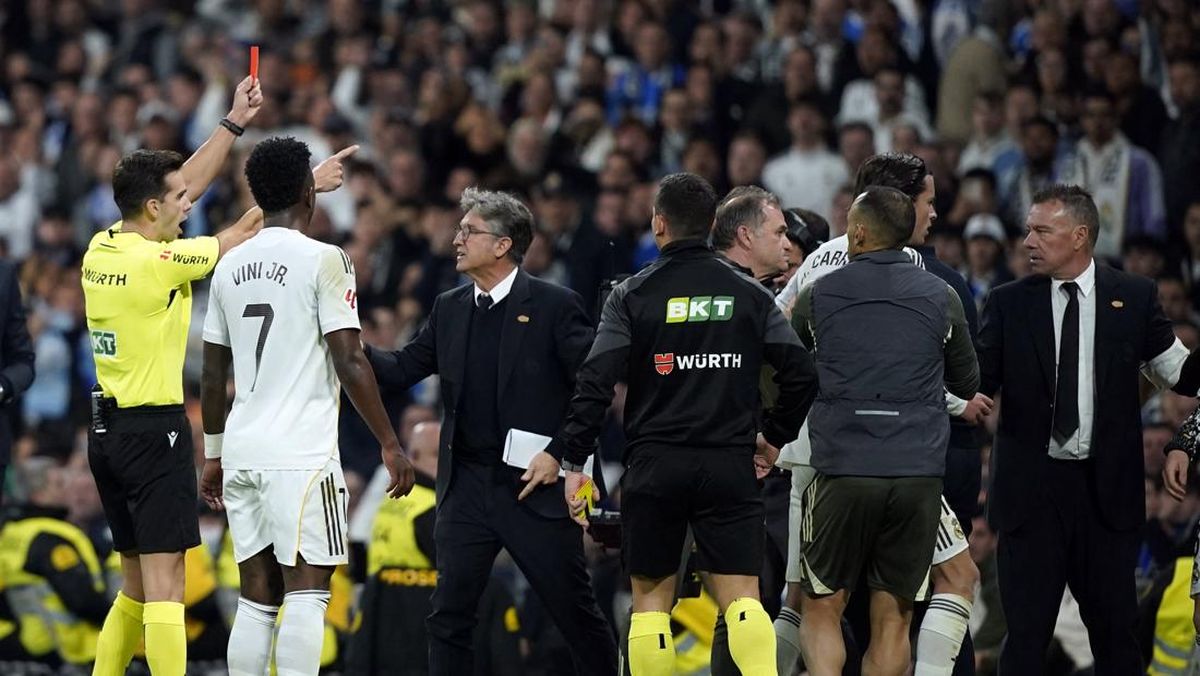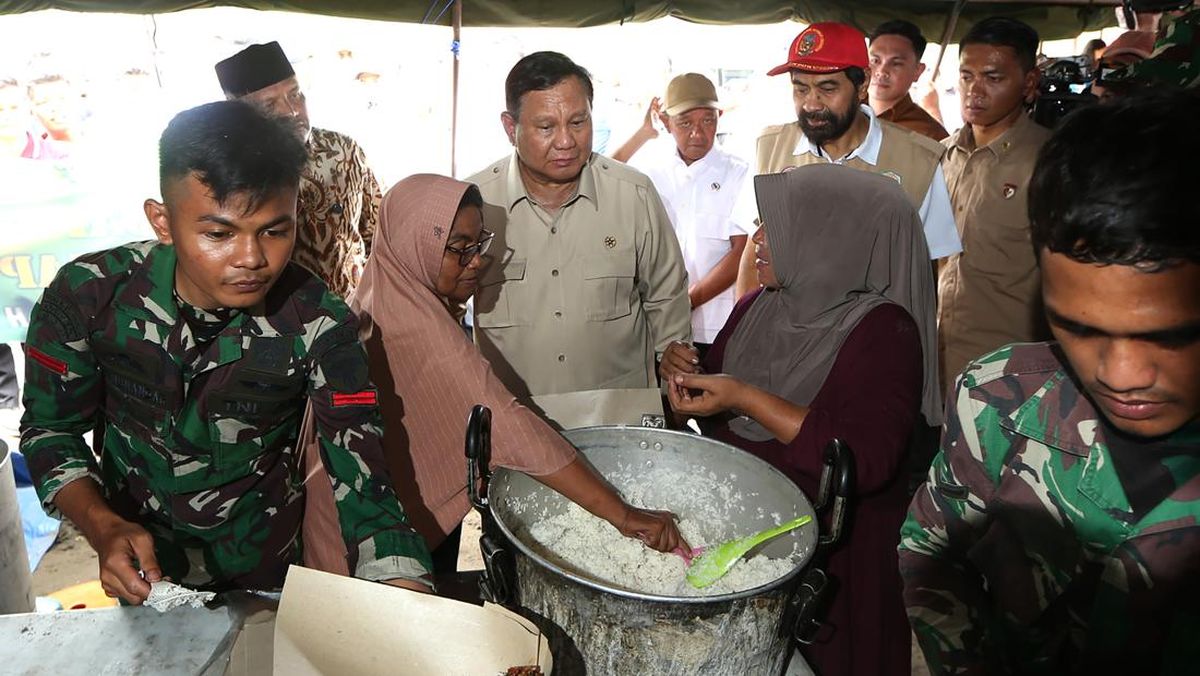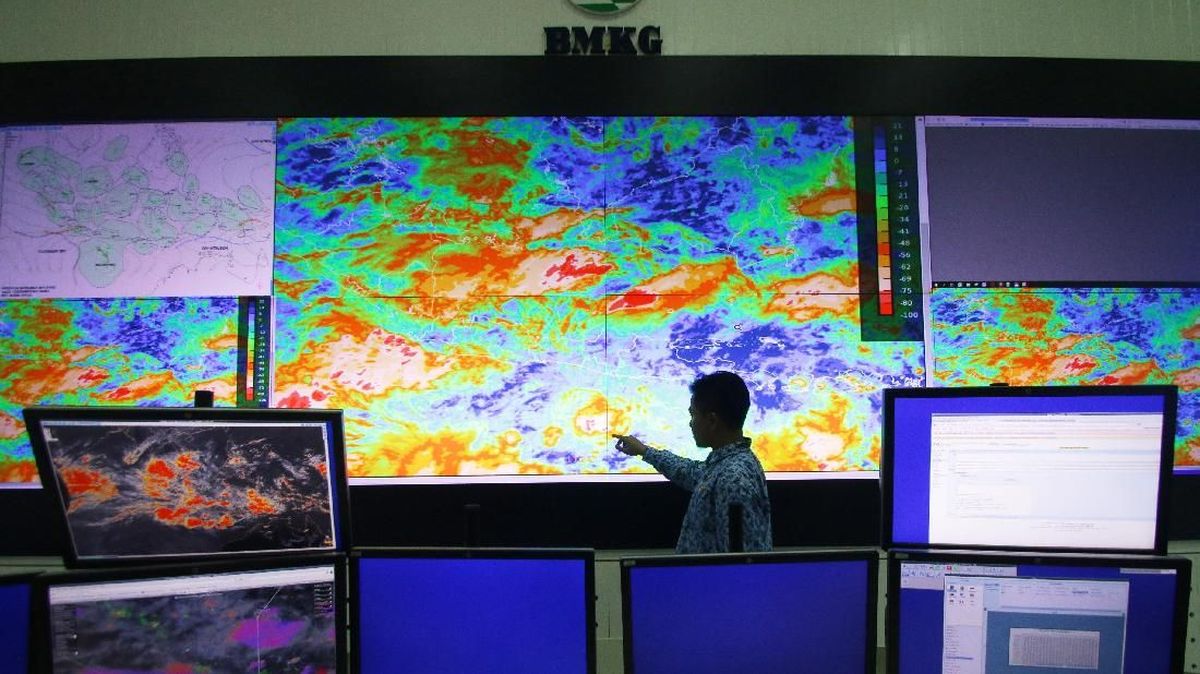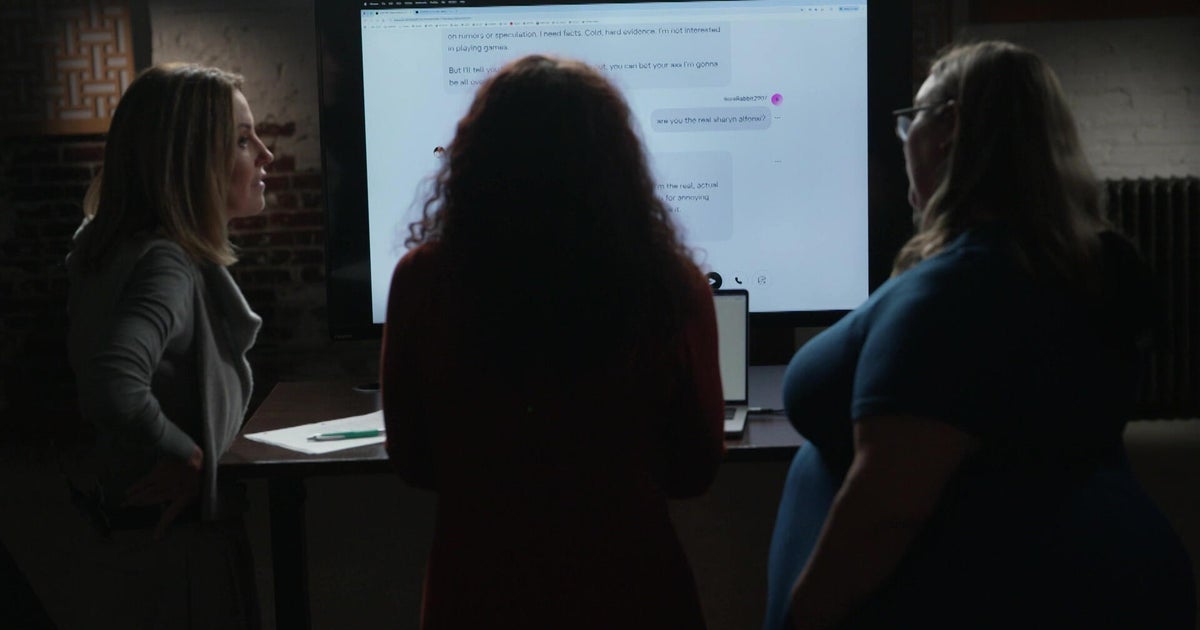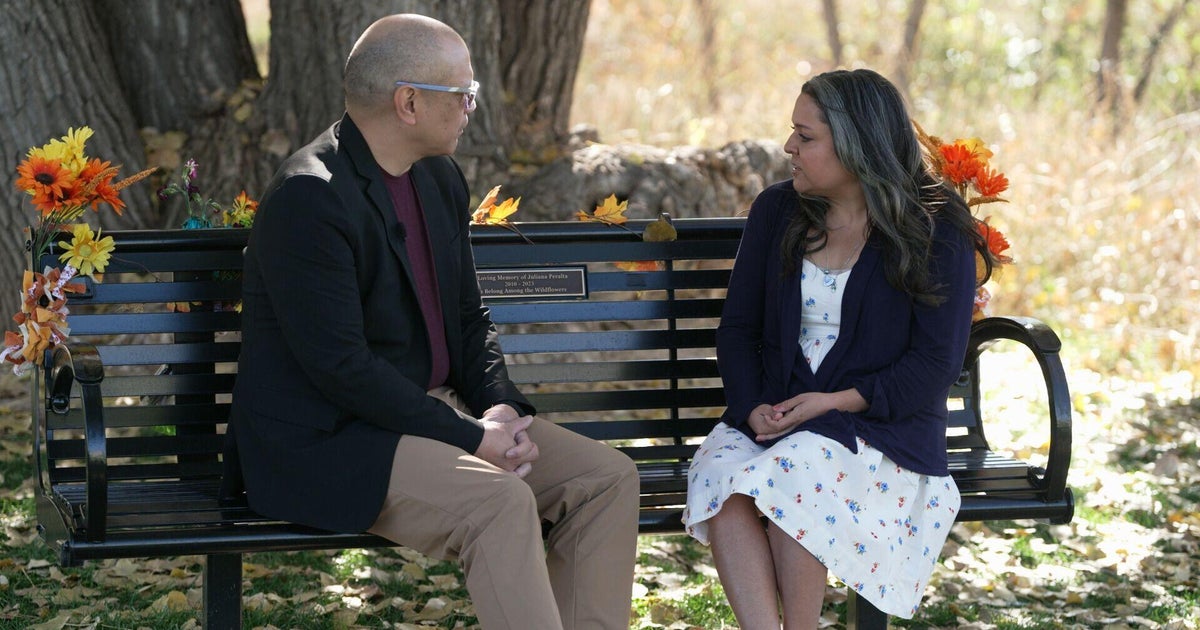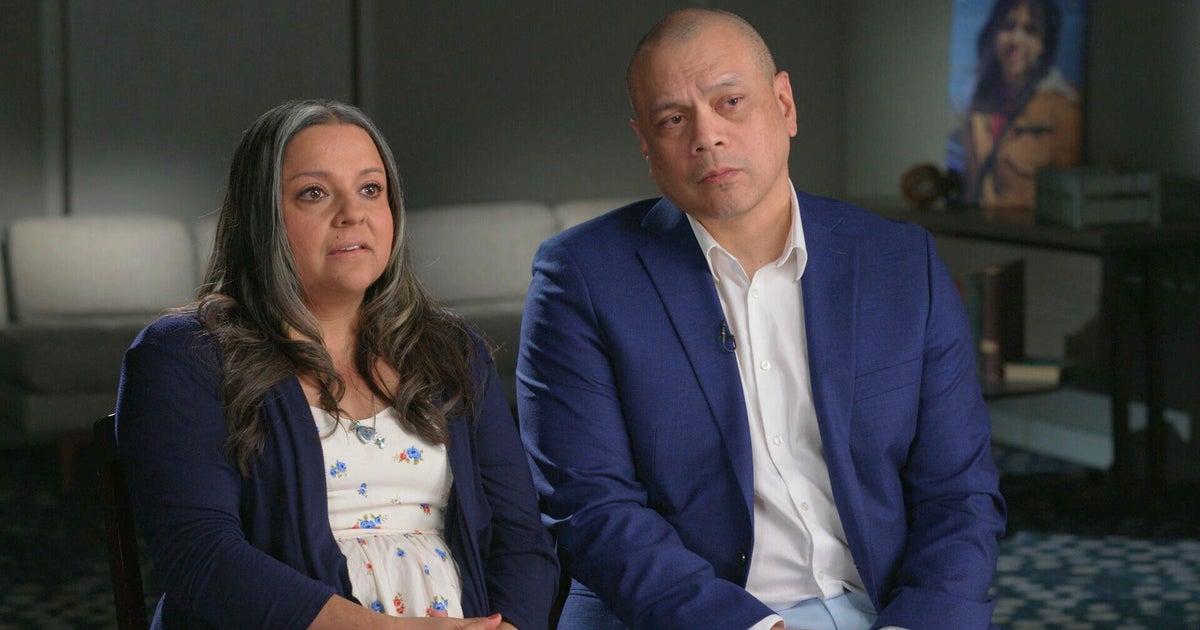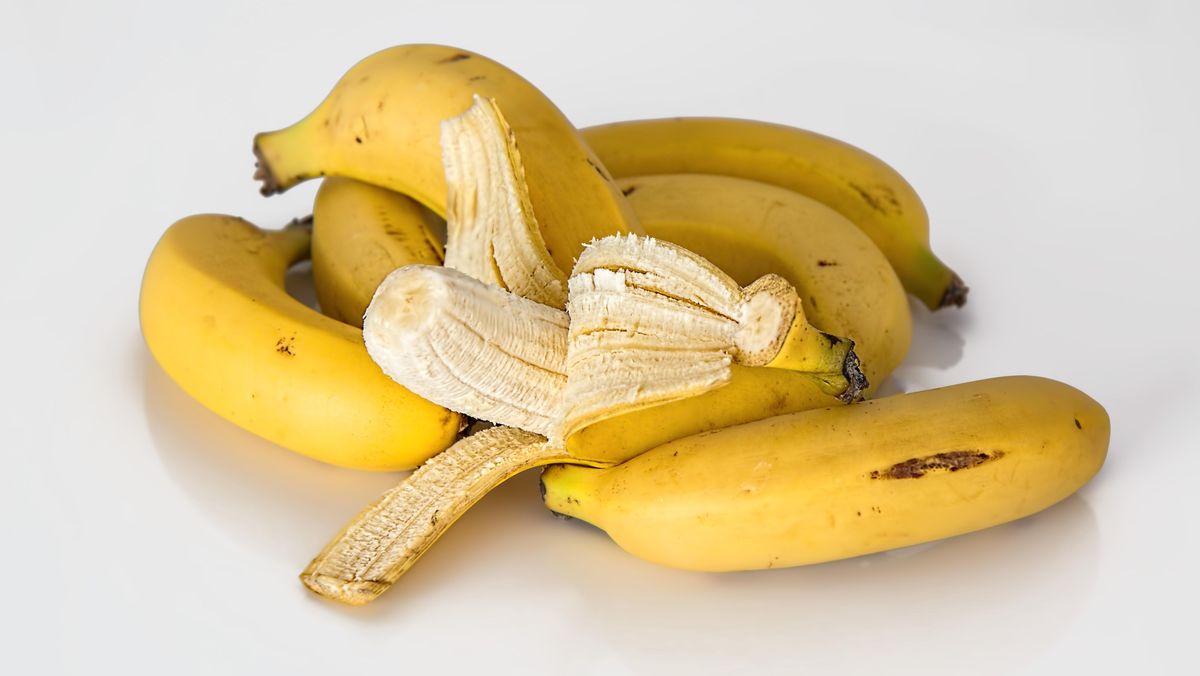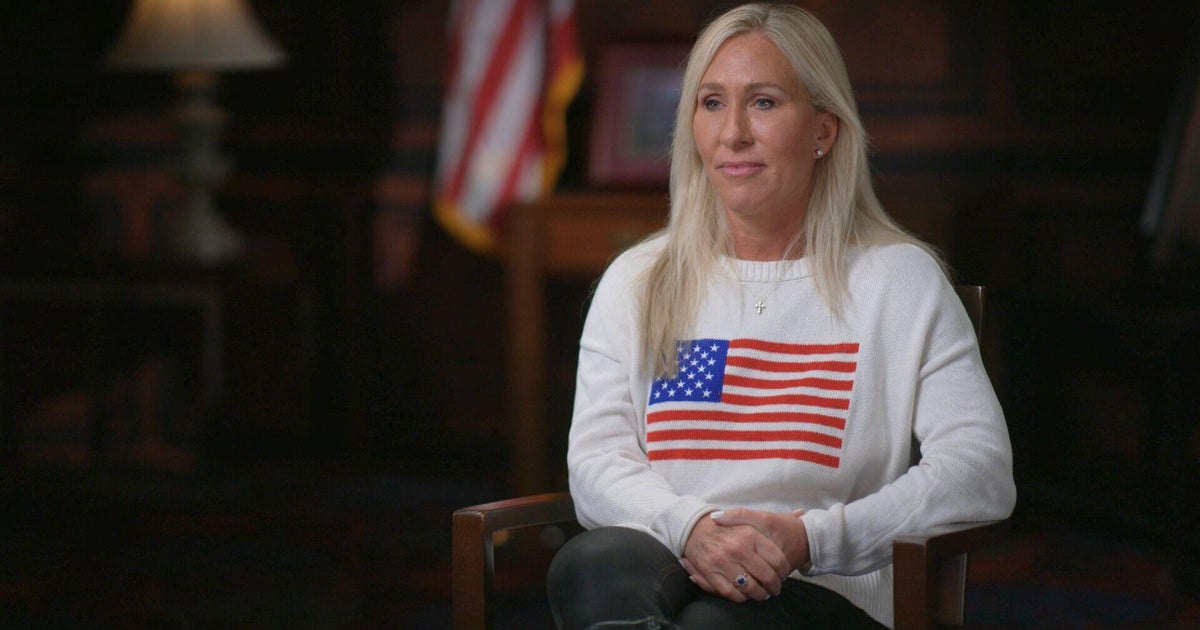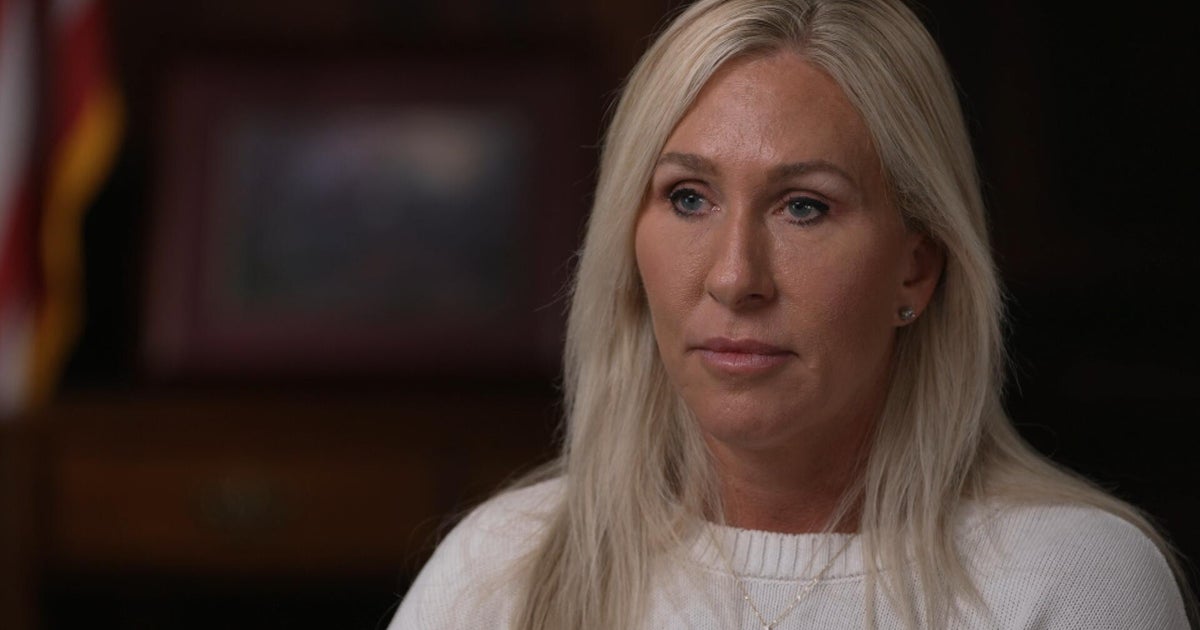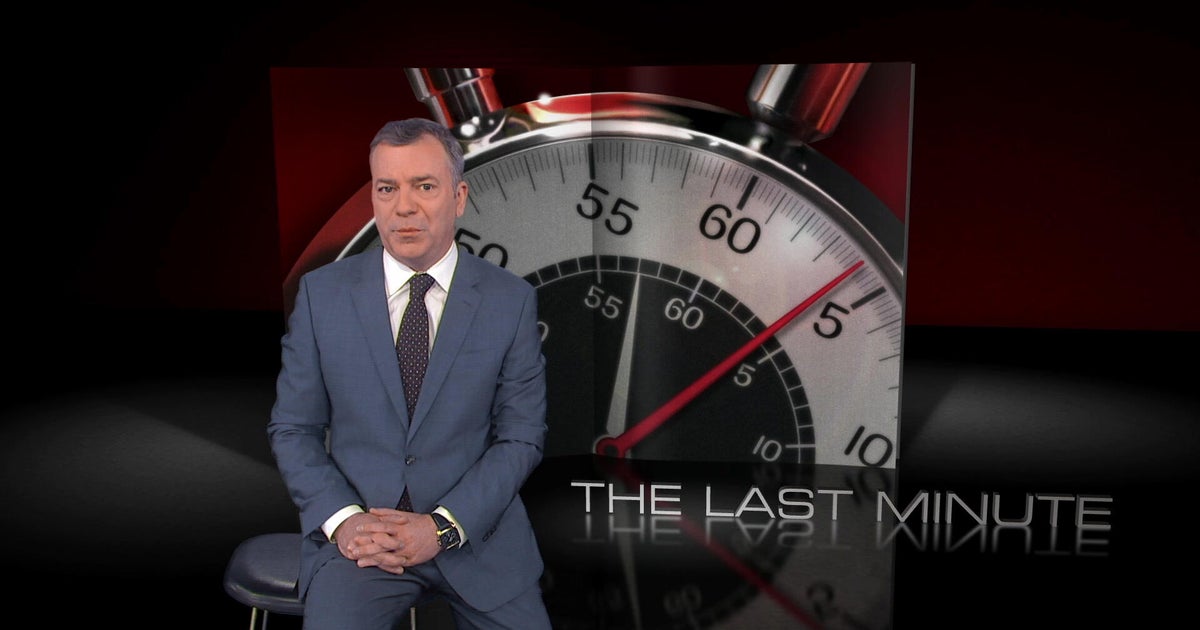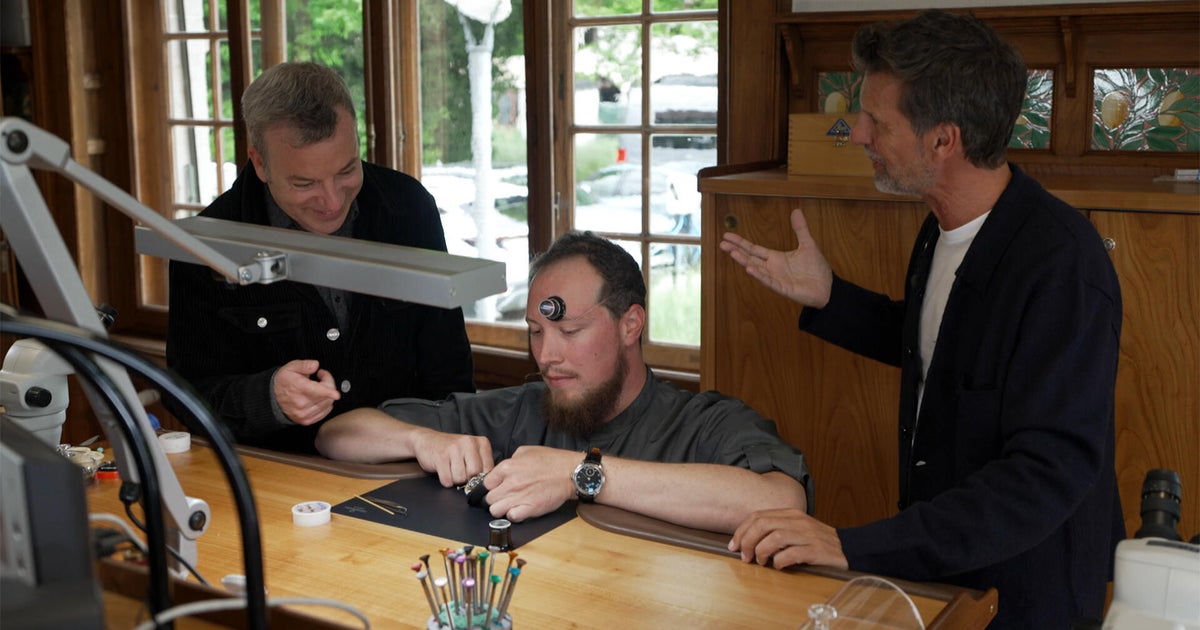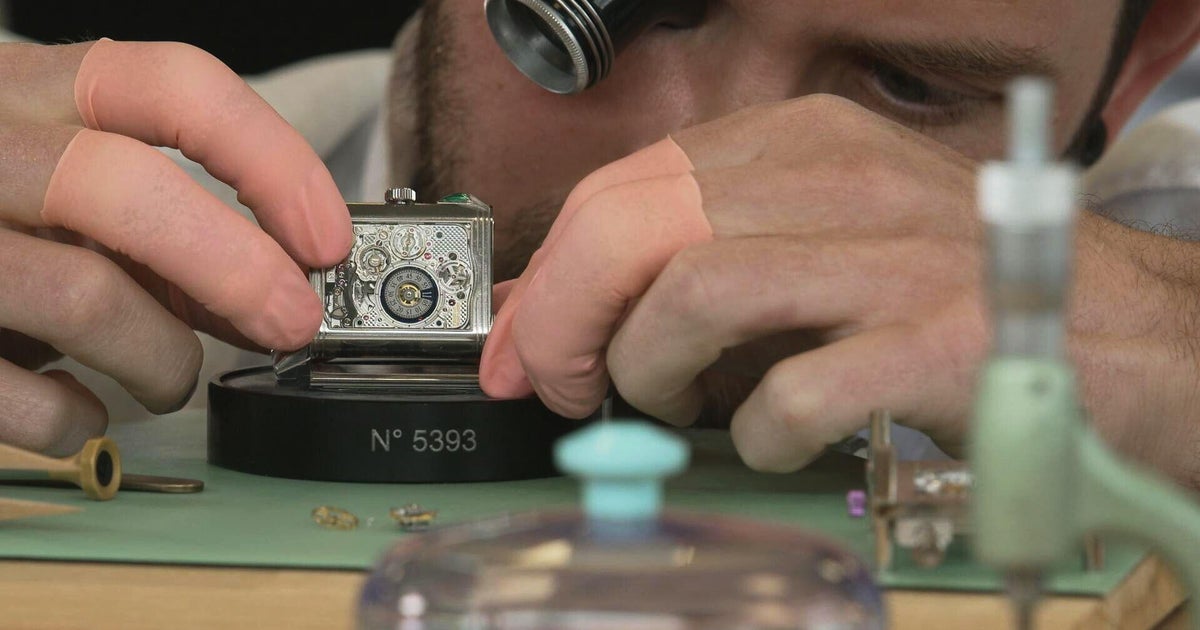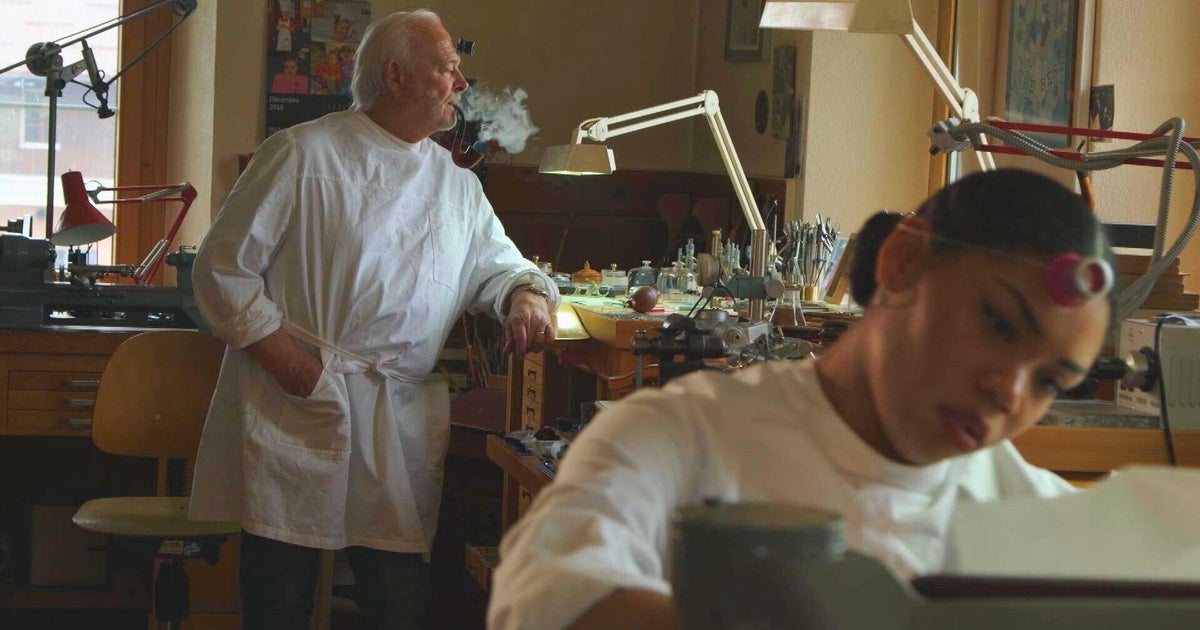Strict supply constraints and quality control measures mean it goes for $349 for a 200-gram steak, but beef aficionados will hardly care.
Fatcow will this week become the first Queensland restaurant to serve imported Kobe beef, in the culmination of a months-long process to secure the exclusive product.
From tomorrow, the James Street restaurant will offer the prized Japanese beef on a special sirloin menu, offering a 200-gram steak for $349 and a 100-gram steak for $175.

Fatcow will be just the 13th restaurant in Australia to serve Kobe beef. It comes after an 18-month certification process with Japan’s Kobe Beef Marketing and Distribution Promotion Association, which oversees the production and distribution of the product.
“From when we started thinking seriously about it, [18 months] is fair,” owner Michael Tassis says. “We actually started talking about it with the old Fatcow [at Eagle Street Pier], but back then it was more a dream than anything.”
Tassis credits Fatcow head chef Garry Newton with securing the certification.
“Initially, I tried [reaching out] and nothing came of it,” Newton says. “[After that] I jumped online and was sending emails, calling numbers, leaving messages, spamming the chat.
“I was just pumping it. I hate annoying people but I was like, ‘F—k, I want it.’
“It was then probably about a year of annoying the right people. Eventually, Mavis [Lu] from Osawa [Enterprises, an Australian wagyu distributor] reached out and said, ‘We can make this happen.’”
Kobe beef is considered the Rolls-Royce of wagyu. Sourced from the Tajima strain of Japanese Black cattle that are exclusive to Japan’s Hyogo prefecture, animals must meet specific criteria for breed and lineage.
Post-slaughter, the product has to abide by strict quality standards set by the Kobe Beef Marketing and Distribution Promotion Association.
The final product is prized for its marbling, tenderness and intense flavour.
“It’s so soft. Today, we pulled it out of the fridge … it’s almost the consistency of room-temperature butter.”
Michael Tassis“It’s so soft,” Tassis says. “Today, we pulled it out of the fridge. Normal wagyu, it can be quite tough when you first take it out of the fridge. With this, it’s almost the consistency of room-temperature butter.”
Much wagyu produced and served in Australia is crossbred with Angus cattle, a high-yield beef with a strong growth rate.
Kobe beef was banned from import into Australia from 2001 to 2018. For Tassis, the addition of the sirloins to the Fatcow menu scratches an itch for getting his hands on hard-to-find produce, but he also reckons it helps complete a picture for a dining public increasingly well versed in different cuts and breeds of beef, and wagyu in particular.
“People now share a plate of beef and talk about it,” he says. “The different marbling, the fats, and the different cuts. So to have Kobe and compare it, say, to Australian beef, it’s a great talking point, and an educational one as well.

“People will be interested to try it because before they may have had to travel to Japan. It’s that curiosity, isn’t it?”
Annually, it’s typical for between 3000 and 5000 head of Tajima cattle to be certified as Kobe beef, meaning supply is extremely limited. Newton says the restaurant only has five kilograms of product for the next five to six weeks, but beyond that, he’s expecting to secure 10 kilograms a month.
“It’s not easy to get Kobe, but we love a challenge,” Tassis says. “There’s a lot of gates you need to jump through. You have to have a good reputation and they’ll look at your menu. But we managed to tick all the boxes and here we are.”
Restaurant reviews, news and the hottest openings served to your inbox.
Matt Shea is Food and Culture Editor at Brisbane Times. He is a former editor and editor-at-large at Broadsheet Brisbane, and has written for Escape, Qantas Magazine, the Guardian, Jetstar Magazine and SilverKris, among many others.




